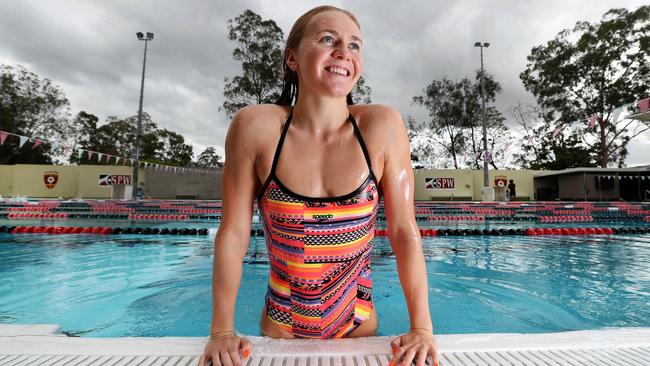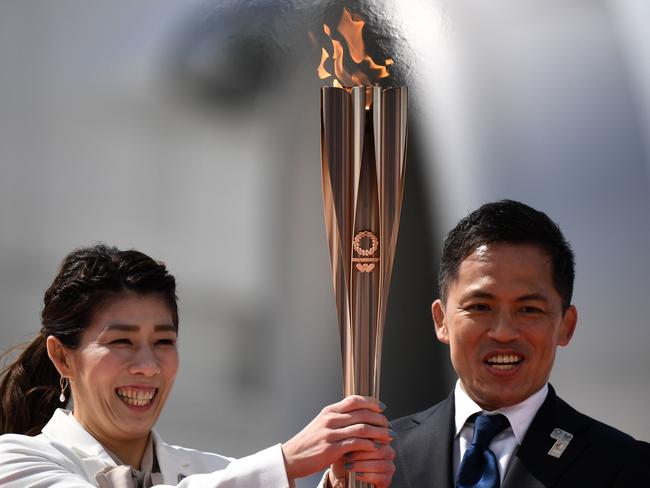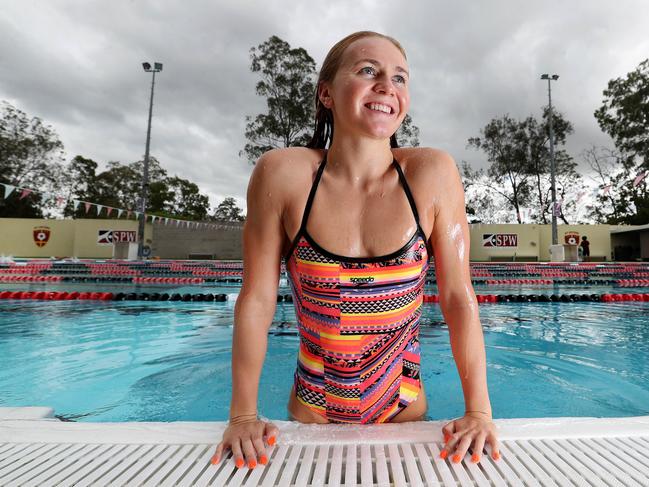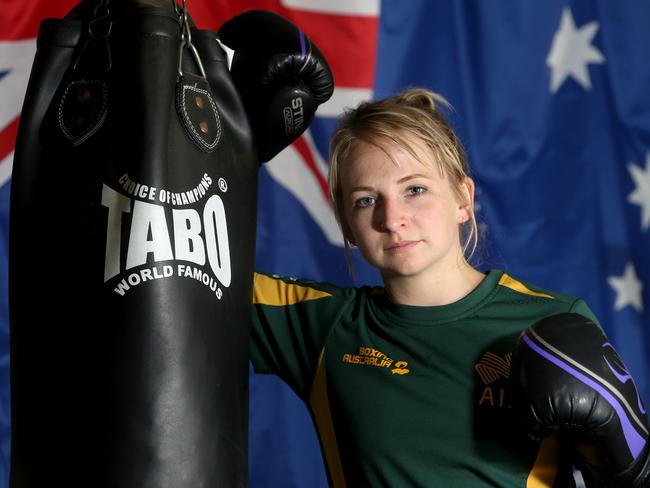Cancelling the Tokyo Games a much easier proposition than rescheduling next year
If the Olympics can’t start as scheduled in late July, the harsh reality is it may be easier to cancel them altogether than try and postpone them until 2021, writes Julian Linden.

Olympics
Don't miss out on the headlines from Olympics. Followed categories will be added to My News.
If only postponing the Tokyo Olympics was as simple as it sounds.
If it were, the IOC probably would have done it by now but it’s so complex and challenging that cancelling the Games altogether could turn out to be the only feasible option — particularly as they’re already insured for that doomsday scenario.
Stream over 50 sports Live & On-Demand with KAYO SPORTS on your TV, computer, mobile or tablet. Just $25/month, no lock-in contract. Get your 14-day free trial and start streaming instantly >
That’s the last thing anyone wants but if the Olympics are wiped out by the COVID-19 pandemic, it’ll take a lot of work and goodwill to reschedule them, either for later this year or in 2021.
And it’s not just the Olympics, either. There’s also the Paralympics, due to be held two weeks after the Olympics.
The existing contracts for both Games are that they are held this year. If the Olympics can’t start as scheduled on July 24 they could be held later this year, but that’s unlikely because it’ll be getting closer to winter and NBC — the US broadcaster which pays by far the biggest fees to televise them — won’t want the Games to clash with the NFL season.

Moving the Games to 2021 is the most appealing option but also the most complicated because all deals would have to be renegotiated while the global economy is being pounded.
That includes all the broadcast, marketing and sponsorship deals, which account for more than 90 per cent of the IOC’s revenues.
Most broadcasters and sponsors have already locked in contracts for other events in 2021 so the asking price will drop while the entire global sports calendar for next year will have to be rearranged.

The federations would also have to decide whether to re run all the qualifying events that have gone into selecting the athletes for this year — or stick with the same ones who have already qualified and run the risk of having athletes miss out who would qualify in 2021.
Some of the units in the Olympic Village, built to host over 11,000 Olympians and 4500 Paralympians, have already been sold while the rest will be released to the public at the end of this year.

The IOC has block-booked 45,000 hotels rooms this year but there’s no guarantee they can get them all in 12 months’ time while many of the venues, including convention halls, have been rented just for 2020.
More than 80,000 volunteers have also freed themselves up to work at the Games this year so new recruits would have to be found, adding to the long list of problems which cancelling the Games doesn't involve.
MORE OLYMPICS
CORONAVIRUS FALLOUT: HEAT ON IOC AS VOICE GROWS AGAINST GAMES
WAITING GAME: WHY THE CAMPBELL SISTERS LONG FOR TOKYO
